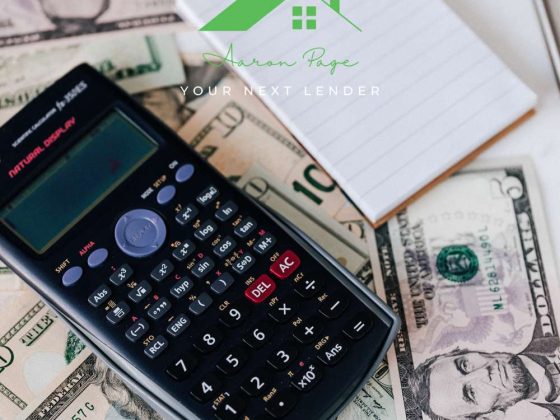Hey, financial adventurers! So, you’ve heard about mortgages, you’ve chatted with brokers, and you’re getting ready to dive into the world of home loans. But there’s one piece of the puzzle we haven’t chatted about yet – interest rates. These sneaky numbers play a huge role in your mortgage payments, but don’t worry, we’re about to demystify them for you!
What’s an Interest Rate Anyway?
Think of an interest rate as the price you’re paying to borrow money. It’s a percentage of your loan that you pay to your lender as a thank-you for letting you borrow their cash. The higher the interest rate, the more you’ll end up paying for your home in the long run.
How Do Interest Rates Affect Your Mortgage Payments?
Interest rates have a pretty significant impact on your mortgage payments. Here’s how it works:
When you get a mortgage, your payments are split into two parts – the principal and the interest. The principal is the actual amount you borrowed to buy your home, while the interest is what you’re paying to borrow that money.
If you have a high interest rate, more of your monthly payment goes towards the interest rather than paying off the principal. On the other hand, with a lower interest rate, more of your payment goes towards the principal. This means that a lower interest rate can save you a ton of money over the life of your loan.
Why Do Interest Rates Change?
You may have noticed that interest rates are kind of like chameleons – they’re always changing. This is because interest rates are affected by a bunch of factors, like the economy, inflation, and decisions made by the Federal Reserve.
When the economy is booming, interest rates often rise to keep inflation in check. Conversely, when the economy is struggling, rates can drop to encourage people to borrow money and stimulate spending.
How Can I Get the Best Interest Rate?
To get the best interest rate on your mortgage, you need to be what lenders consider a “low-risk” borrower. This means having a good credit score, a stable income, and a decent down payment. Shopping around and talking to different lenders or brokers can also help you snag the best rate.
Keep in mind, though, that sometimes the lowest interest rate isn’t always the best deal. Be sure to consider other factors like the term of the loan, the lender’s customer service, and any fees or penalties.
Fixed vs. Variable Interest Rates
When you’re shopping for a mortgage, you’ll come across two main types of interest rates – fixed and variable.
A fixed-rate mortgage means your interest rate stays the same for the life of the loan. No surprises here, folks. Your mortgage payment will be the same each month, which can make budgeting a breeze.
A variable-rate mortgage, on the other hand, means your interest rate can change over time. Your mortgage payment could go up or down, depending on what interest rates are doing. This can be a bit of a gamble, but it could pay off if rates drop.
So, there you have it – the low-down on interest rates and how they steer your mortgage payments. While they might seem complicated at first, understanding how interest rates work can help you make smarter decisions when it comes to your home loan. Happy house hunting, and remember, when it comes to mortgages, knowledge is your best friend!




